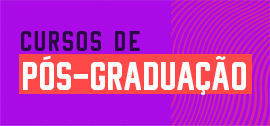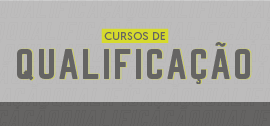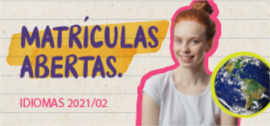Haitians, Senegalese, Venezuelans, Palestinians, Colombians and Filipinos receive attention, affection, and assistance
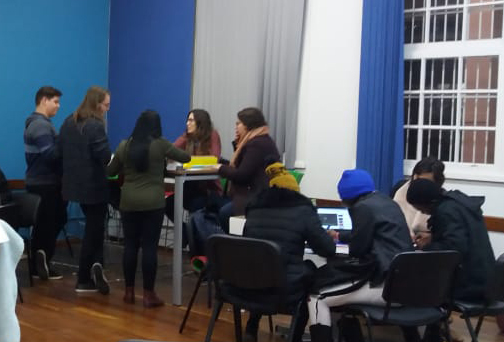
Since 2001, the United Nations (UN) has celebrated, on June 20, the World Refugee Day. Much more than a day to be celebrated, the date calls for help to this part of the world population that leaves their home territory in search of dignity and a better quality of life.
For five years, Feevale University has been developing actions that positively affect the lives of refugees and migrants arriving in the region. Starting this year, the initiative has become part of the extension and research project Center for Education in Human Rights (Ceduca DH), which also assists other people and aims to promote integrated experiences for the execution of individual and collective rights and the construction of a culture of peace through human rights education.
In a globalized world, where access to cell phones and internet networks is facilitated, the project has used virtual platforms and tools like WhatsApp to draw attention to foreigners during the pandemic period. The technology allows Ceduca DH to continue carrying out Portuguese language online classes, and creativity and Brazilian reality workshops. In addition, it promotes free access to legal and psychological assistance, as well as activities for children in the literacy process. During the period, the project has delivered food baskets, individual protection products, mainly masks and alcohol gel, and made professionals debate with participants about Covid-19, financial planning, and labor law.
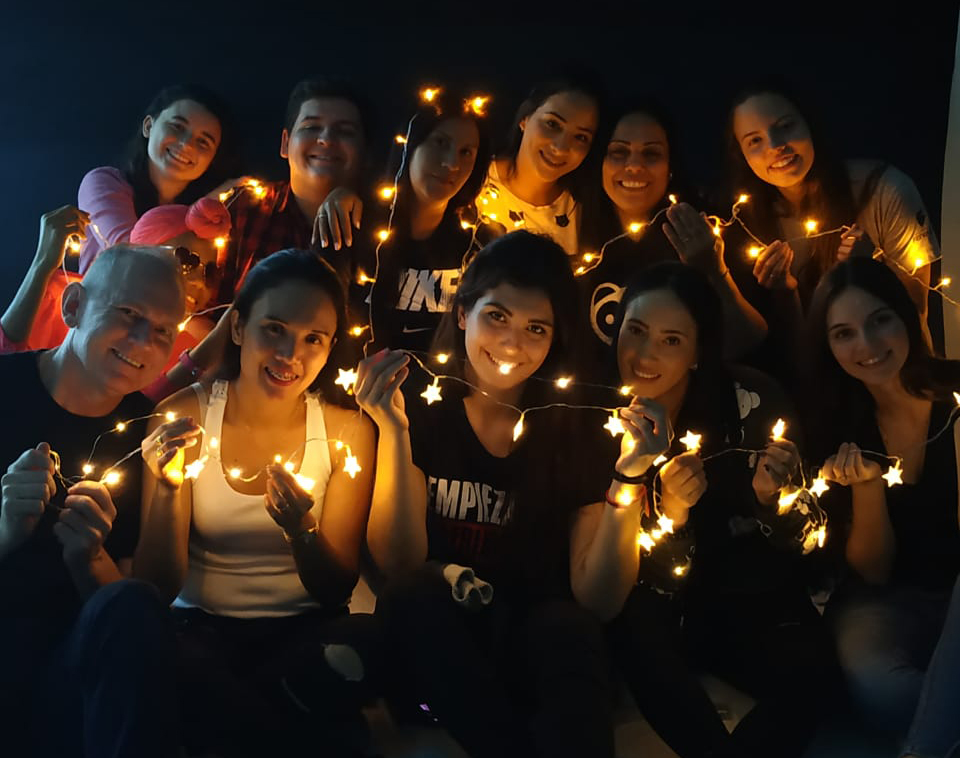
According to professor Márcia Blanco Cardoso, leader of the project, Ceduca DH currently focuses on Haitians, Senegalese, Venezuelans, Palestinians, Colombians and Filipinos. According to her, the impact of the economic crisis caused by the pandemic, once again, has presented many issues related to jobs and citizens' lives. "The project is essential because it creates bonds with these individuals and their families. We are much more than an advisor, we really help them when they need something or someone who can tell them where to go, where to look for certain help. This network moves and makes them collaborate with each other”, she observes.
I am very proud to say that we have contributed to transform these people's lives. Some have become entrepreneurs, others are in higher education with a new perspective on life”, she highlights.
The pandemic that has distanced has also brought closer together. The professor says that many migrants who had already participated in the project and left are doing the migratory process again and getting closer even living in other places due to the easy connection and the implemented model. “This has been an interesting process, so we intend to continue with both formats in order to be able to serve more people,” she says.
In its new format, the project, in partnership with the Municipal Education Department of Novo Hamburgo, is completing a survey to map all foreign children who are enrolled in the municipal education system to help bring them closer to teachers and other students. In addition, Ceduca DH promotes training in human rights and migration for schools, non-school institutions and public security agents.

